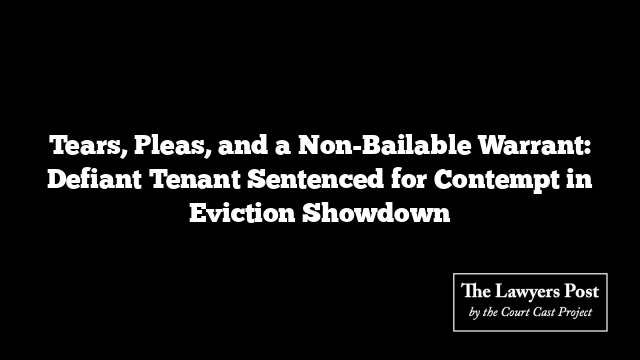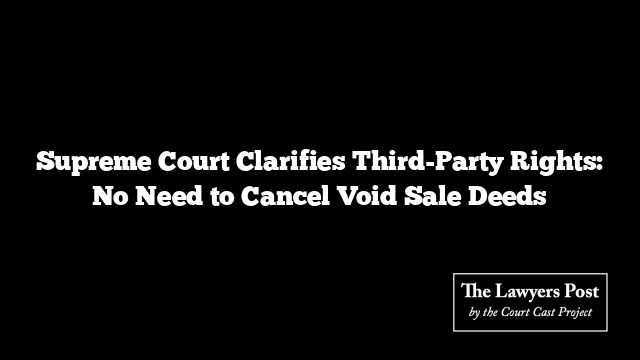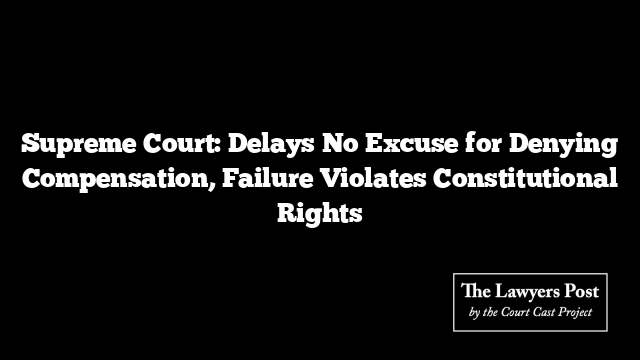Despite being granted a nine-month extension to vacate, the tenant failed to adhere to the Court’s conditions. This led the landlord to file a contempt petition, resulting in a series of notices and eventually a bailable warrant to secure the tenant’s presence in court. The tenant remained defiant, ignoring both the initial bailable warrant and the subsequent non-bailable warrant issued by the Court.
When finally brought before the Supreme Court, the tenant, a senior citizen, appeared emotional, shedding tears and explaining his situation. He pleaded poverty and the need to support a large family, requesting more time to find alternative accommodation. He also cited a pending curative petition as a reason for his non-compliance. However, the Court dismissed his explanations, noting that his review petition had already been denied.
While the tenant’s defiance initially placed him in contempt, the Court took his age into account and handed down a lenient sentence: one day in custody until the Court adjourned. In addition, the tenant was granted one more week to vacate the premises, with police intervention promised if he failed to comply. The Court further ordered the tenant to cover the costs incurred during the enforcement of the non-bailable warrant and the recovery of the property.
The ruling reinforced the importance of respecting judicial orders, emphasizing that disregarding the Court’s authority not only undermines the justice system but also erodes public confidence in its ability to function impartially and effectively.
Download Judgement





